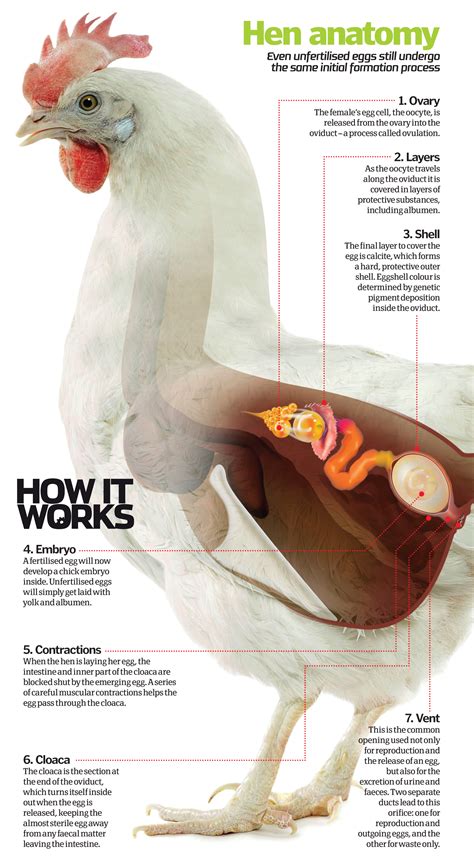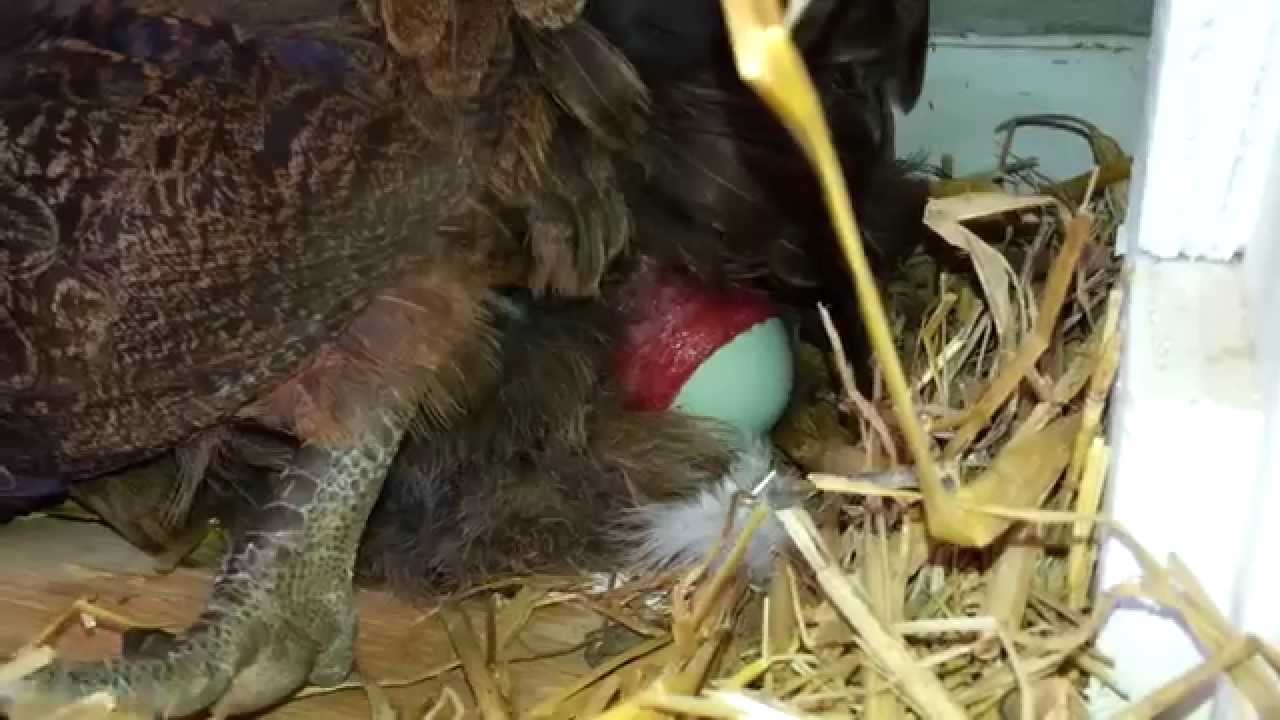Chickens are one of the most common and widespread domesticated birds, found on farms and in backyards across the globe. Their ability to lay eggs has made them a staple in many agricultural systems, providing a reliable source of protein for human consumption. But have you ever stopped to think about the intricacies of chicken egg production? From the complex processes involved in egg formation to the various factors that can influence laying patterns, there's more to chicken eggs than meets the eye.
In fact, chickens have been laying eggs for thousands of years, with evidence of domesticated chicken egg production dating back to ancient civilizations in Egypt, China, and Rome. Today, chickens are bred specifically for their egg-laying abilities, with some breeds capable of producing over 300 eggs per year. But what drives this incredible productivity, and how do chickens manage to produce such a high volume of eggs? To answer these questions, let's delve into the fascinating world of chicken egg production and explore the biology, behavior, and best practices surrounding this remarkable process.
Key Points
- Chickens have a unique reproductive system that allows them to lay eggs, with the ovary producing yolks and the oviduct adding whites and shells.
- The age, breed, and nutrition of a chicken can all impact its egg-laying ability, with some breeds producing more eggs than others.
- Chickens typically begin laying eggs at around 18-24 weeks of age, with production peaking at around 30-40 weeks.
- Factors such as light exposure, temperature, and stress can all influence a chicken's laying patterns, making it essential to provide a suitable environment for optimal production.
- Chicken eggs are a nutrient-rich food source, providing high-quality protein, vitamins, and minerals for human consumption.
The Biology of Chicken Egg Production

The process of chicken egg production is a complex and highly coordinated process, involving the synchronized activity of multiple organs and systems. It begins with the formation of yolks in the ovary, which are then released into the oviduct, a muscular tube that adds the whites and shells to the egg. The entire process, from yolk formation to egg laying, can take around 24-26 hours, with the chicken’s body working tirelessly to produce a constant supply of eggs.
Factors Influencing Egg Laying
While chickens are incredibly productive, their egg-laying ability can be influenced by a range of factors, including age, breed, nutrition, and environment. For example, younger chickens tend to lay smaller eggs, while older chickens may produce larger, but fewer, eggs. Similarly, certain breeds, such as Leghorns and Rhode Island Reds, are renowned for their high egg production, while others, like Orpingtons and Silkies, may prioritize broodiness over laying. Nutrition also plays a critical role, with chickens requiring a balanced diet that includes adequate protein, calcium, and vitamins to support egg production.
| Egg Production Factor | Impact on Laying |
|---|---|
| Age | Younger chickens lay smaller eggs, older chickens lay larger eggs |
| Breed | Certain breeds, like Leghorns, are bred for high egg production |
| Nutrition | A balanced diet with adequate protein, calcium, and vitamins supports egg production |
| Light Exposure | Chickens require 14-16 hours of daylight to maintain optimal laying |
| Temperature | Chickens are sensitive to extreme temperatures, which can impact laying patterns |

Practical Applications and Best Practices

So, what can chicken keepers do to support healthy egg production and maximize their flock’s potential? Firstly, providing a nutritious diet that meets the chicken’s nutritional needs is essential. This can include offering a high-quality commercial feed, supplemented with fruits, vegetables, and grains. Secondly, ensuring adequate light exposure, with 14-16 hours of daylight per day, can help regulate the chicken’s circadian rhythms and support laying. Finally, maintaining a clean, stress-free environment, with adequate ventilation, temperature control, and protection from predators, can all contribute to a happy, healthy, and productive flock.
Managing Laying Patterns
As chickens mature and begin laying eggs, it’s essential to monitor their production and adjust management strategies accordingly. This can involve collecting eggs regularly, monitoring for signs of stress or illness, and making adjustments to the flock’s diet, environment, or social structure as needed. By staying attuned to the needs of their flock, chicken keepers can help support optimal laying patterns, reduce the risk of health problems, and maintain a productive, thriving flock.
How often do chickens lay eggs?
+Chickens typically lay eggs every 24-26 hours, although this can vary depending on factors like age, breed, and nutrition.
What factors can influence a chicken's egg-laying ability?
+Factors like age, breed, nutrition, light exposure, temperature, and stress can all impact a chicken's egg-laying ability.
How can I support healthy egg production in my flock?
+Providing a nutritious diet, ensuring adequate light exposure, maintaining a clean and stress-free environment, and monitoring for signs of health problems can all help support healthy egg production.
In conclusion, the process of chicken egg production is a complex, highly coordinated process that involves the synchronized activity of multiple organs and systems. By understanding the factors that influence egg laying, providing a nutritious diet, ensuring adequate light exposure, and maintaining a clean, stress-free environment, chicken keepers can support healthy, productive laying and enjoy a bountiful supply of fresh, delicious eggs.
Related Terms:
- Why do chickens lay eggs
